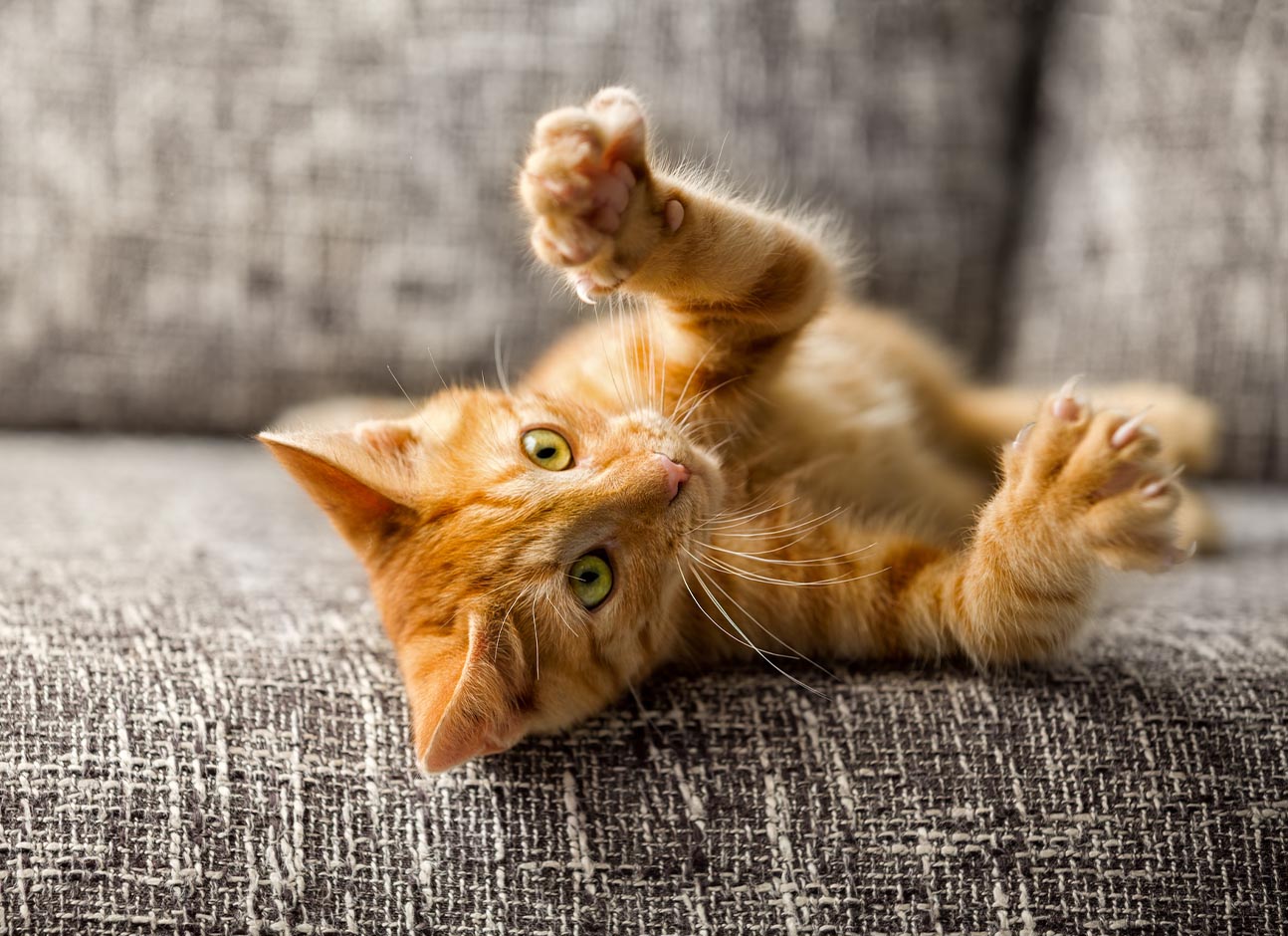To keep your cat healthy, it’s essential to monitor its well-being closely. Identifying abnormalities early can lead to more successful treatment outcomes. Here are some tips to ensure your cat’s health:
Examine the ears for dirt, discharge, mites, or inflammation.
Ensure the eyes and nose are clean and free of discharge, as this may indicate an infection.
Inspect your cat’s mouth for bad breath, tooth decay, or inflamed gums.
Watch for excessive scratching, particularly around the head or tail, which may signal fleas, ticks, or other parasites.
Check the cat’s paws and trim its claws as needed to prevent self-inflicted scratches.
Assess hydration by gently tugging on the skin on its back; slow retraction may indicate dehydration.
Feel for easily palpable bones on the spine, hips, or lower body, which may indicate malnourishment.
While petting your cat, check for any bumps, bulges, or changes in coat condition, such as dullness or bald spots. Consult a veterinarian if you find any suspicious growths.
Monitor your cat’s stool and litter box habits, noting any instances of diarrhea or constipation.
BE AWARE OF DANGEROUS SYMPTOMS
Cats typically have a daily routine, making it easier to detect changes in behavior. If you notice unusual behavior, your cat may be unwell. Pay attention to the following signs:
Diarrhea or constipation
Blood in urine or feces
Disruption of established routines
Lethargy or apathy
Constant scratching (especially around the head and tail)
Prolapse of the third eyelid
Weight loss or malnourishment
Decreased appetite
Drinking less water or increased thirst
Frequent or difficult urination
Vomiting
Bad breath
Bloating
Discharge from eyes or nose
Sneezing
Dull coat
Pale gums
Ear inflammation
Lethargy and apathy are often noticeable when a cat appears indifferent to its surroundings, refuses treats, or has a dull coat. As a responsible owner, you should be able to detect such changes in behavior. However, some symptoms may be less obvious, so always pay close attention to your pets.
Aggression or hissing when petted may indicate pain or discomfort due to injury or infection. Additionally, aggression towards other household members or animals could signal an underlying health issue.
If young cats lose interest in play, become passive, or experience appetite loss, consult a veterinarian immediately. A thorough examination can help determine the presence of any health problems.
